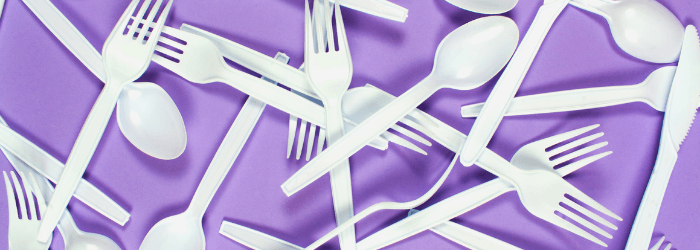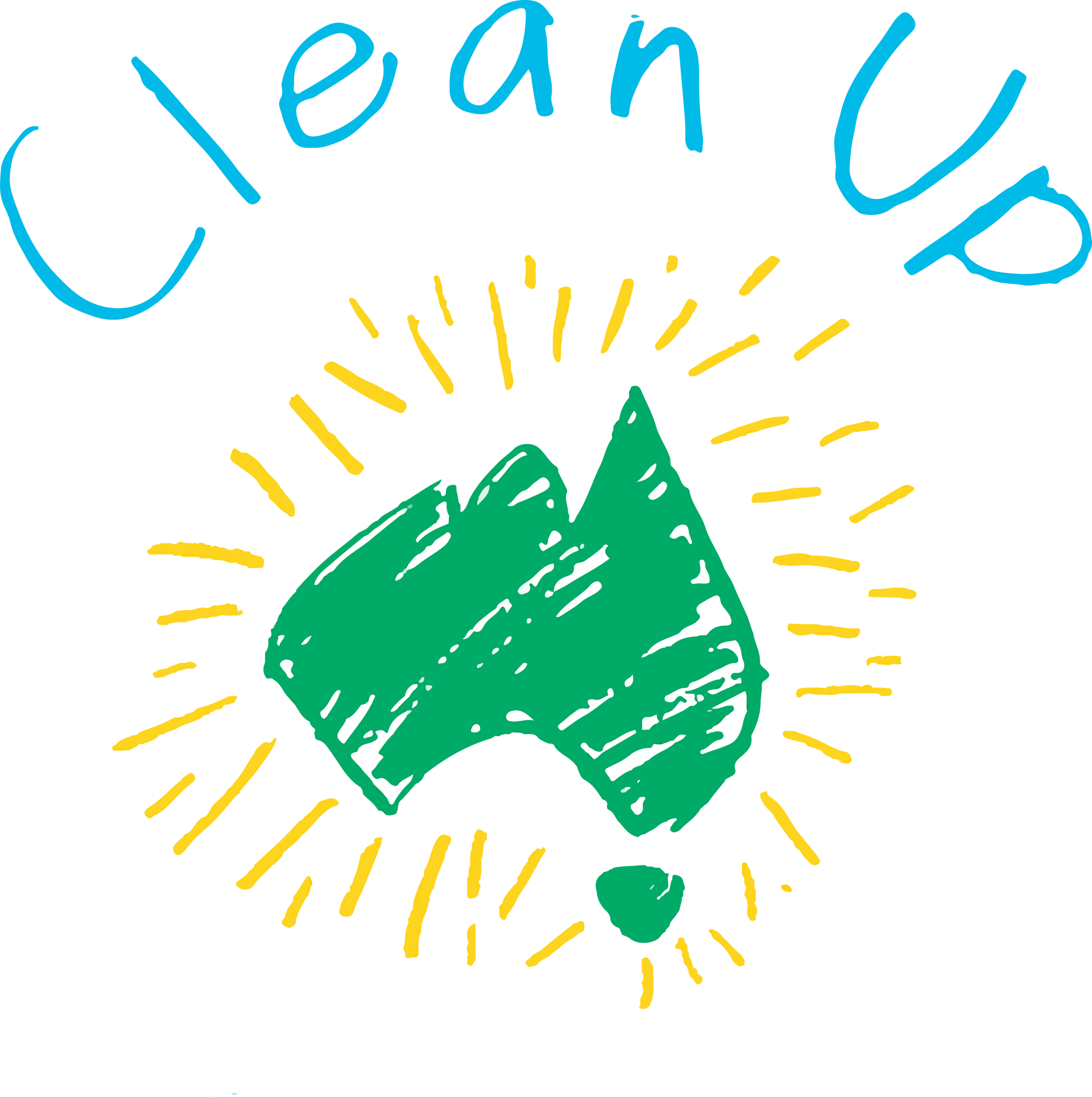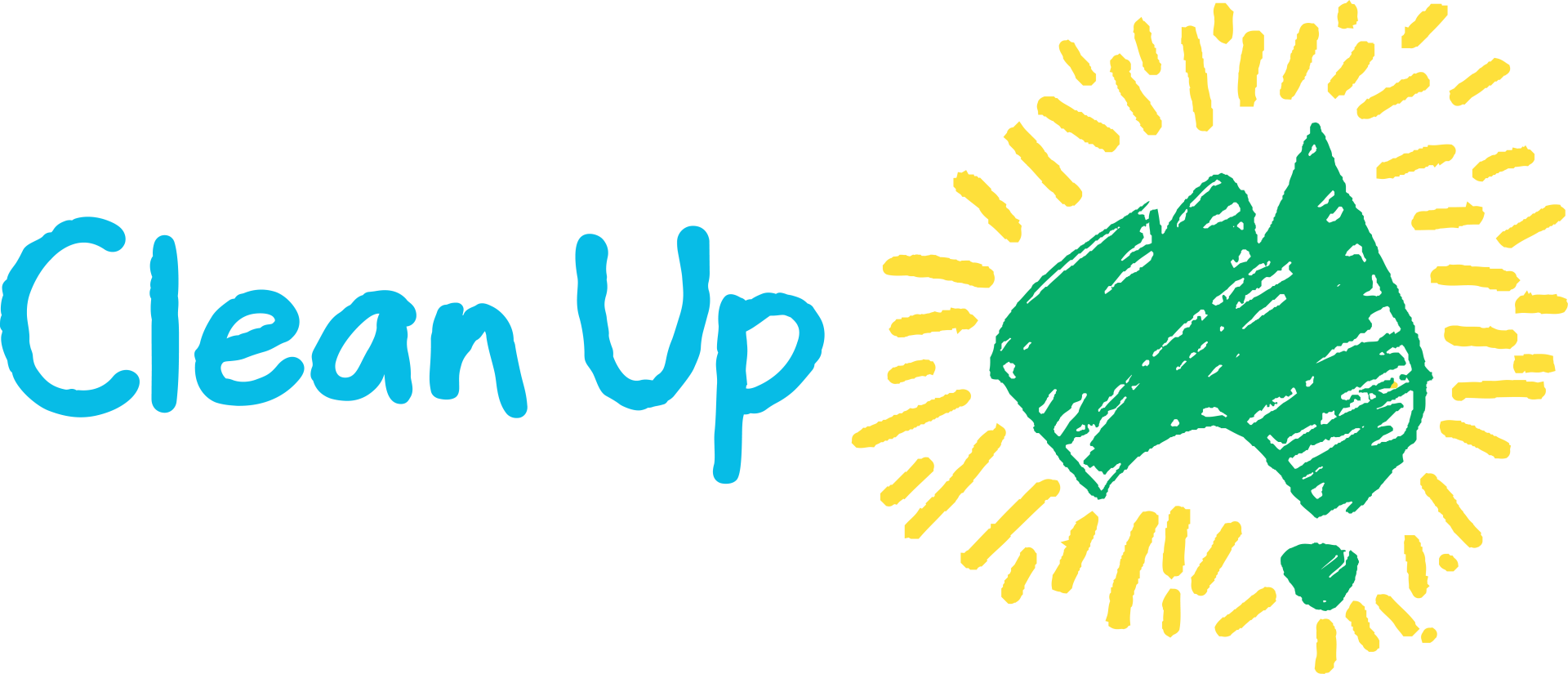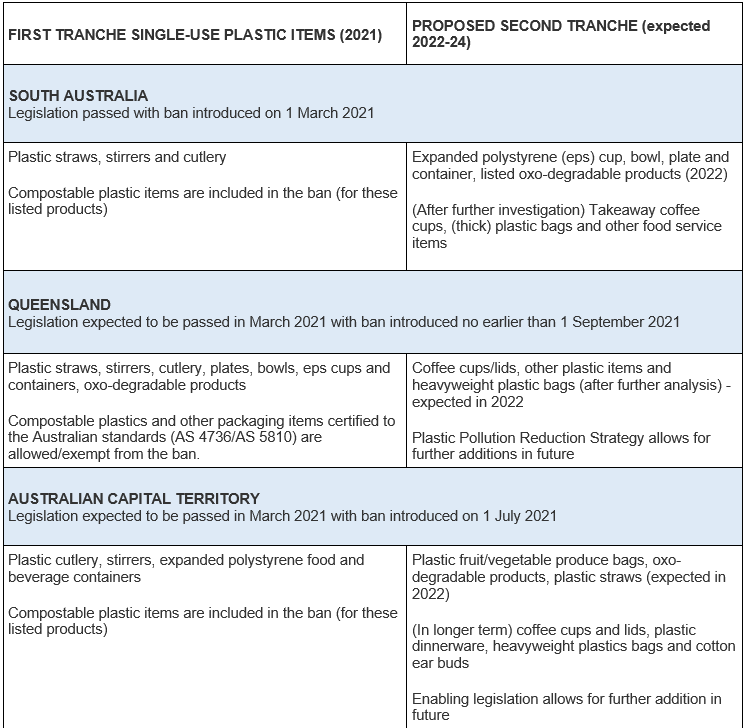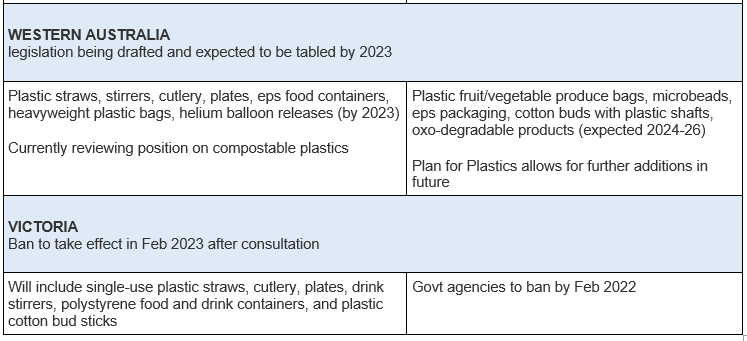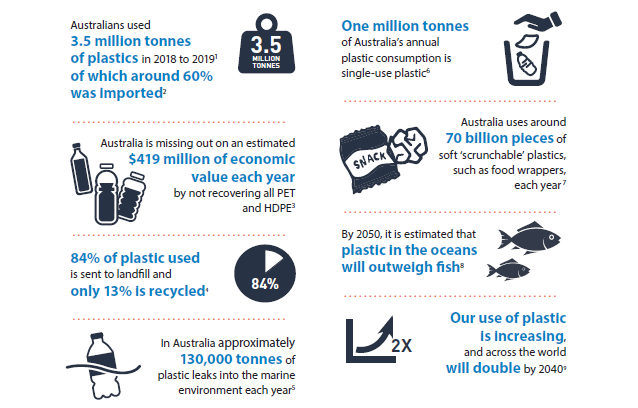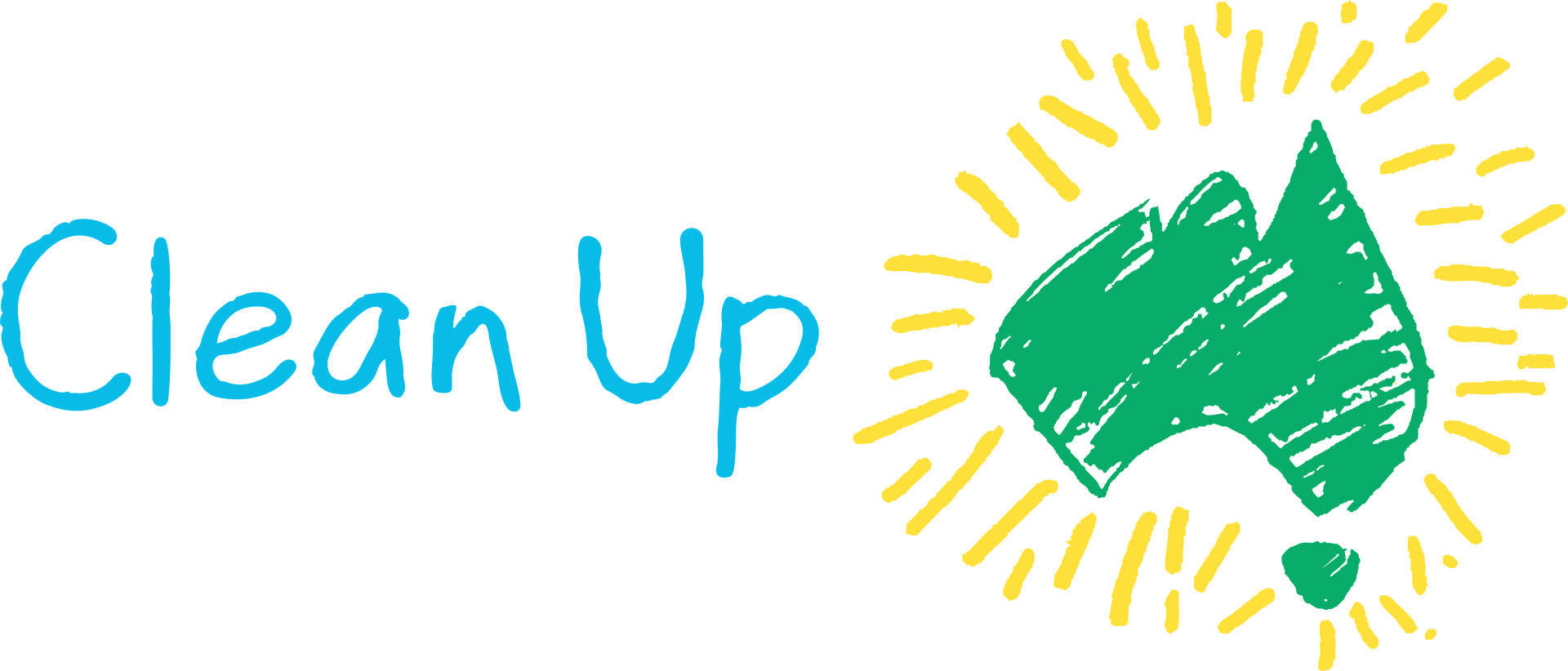Governments in NSW, TAS and the NT are considering their options - but lagging behind.
Clean Up Australia's annual Rubbish Report reveals that half of all single items reported in 2020 were either plastic or contain plastic, as over 40% of rubbish found within parks is plastics and packaging continues to dominate rubbish counts, representing 49.8% of all reported rubbish during the year.
This year’s Rubbish Report reveals plastic waste has increased compared to previous years, and there are further indications it will rise further in 2021 as a direct outcome of the pandemic.
Plastic pollution was a problem long before this pandemic, but the changes we’ve made over the last twelve months will only compound it. Throughout 2020 we saw reusable coffee cups quickly become a no-go, restaurants reduced to takeaways, online shopping and home deliveries a commonplace occurrence and the whipping out of single-use items like masks and sanitised wipes become the norm.
Our streets, beaches, and oceans have been hit by a tidal wave of COVID-19 waste including plastic face masks, gloves, hand sanitizer bottles, and food packaging. Hundreds of masks have been spotted scattered across Australian beaches and floating in rivers, polluting the water and posing a threat to aquatic animals who mistake them for food.
Research recently commissioned by the Pact Group shows more than 1 in 3 Australian households said they were producing more packaging waste during lockdown periods and 55% reported they are now more concerned about product packaging waste than they were in 2019.
From single-use coffee cups to takeaway containers, we’ve all had to use a little more plastic over the last few months to keep us safe during the global health crisis. But as restrictions start to ease and we get back to a new normal, we all need to relook at our consumption habits and ways we can break free from unnecessary plastic use in a safe way.
Launching the Nation’s first National Plastics Plan, Federal Environment Minister Sussan Ley and Waste Reduction Assistant Minister Trevor Evans announced it was necessary to change the way we produce and consume plastics, and that it was time for states, industry and consumers to work together in driving sustainable change.
“We know the problems, we know that there are good ideas out there, but this is the first national strategy, one that attacks the issue from all sides and which sets clear targets over the next decade,” Minister Ley said.
“From plastic bottles to polystyrene packaging and plastic consumer goods, we are creating mountains of pain for the environment and wasting potential assets that can be used to make new products."
Among the actions identified are:
- A plastic free beaches initiative
- New labelling guidelines to help consumers
- An end to expanded polystyrene consumer packaging fill and polystyrene food and beverage containers
- Greater consistency for kerbside bin collections, including food and organic waste options
- Establishment of a task force to address the plastics in littered cigarette butts
- Phase in microplastic filters in washing machines
- Ensuring 100% of all packaging is reusable, recyclable or compostable
“This plan is our public pledge to change the way Australia produces and consumes plastics and is informed by the diverse range of stakeholders who attended the summit including industry, not-for-profit groups and of course, our school children who represent the next generation of leaders.” Assistant Minister Trevor Evans said.
“It is going to take time for us to establish a truly circular economy, one where all plastics are fully recycled, and where products are designed in ways that allow their components to be remanufactured at the ‘end of life’, but it needs to happen.”
“We are laying out a plan for change, a plan that will help our environment, create jobs and help get plastic waste out of our oceans, our waterways and our landfills.”
Here is the status report that the Boomerang Alliance
has prepared on each state and territory:
